News Desk
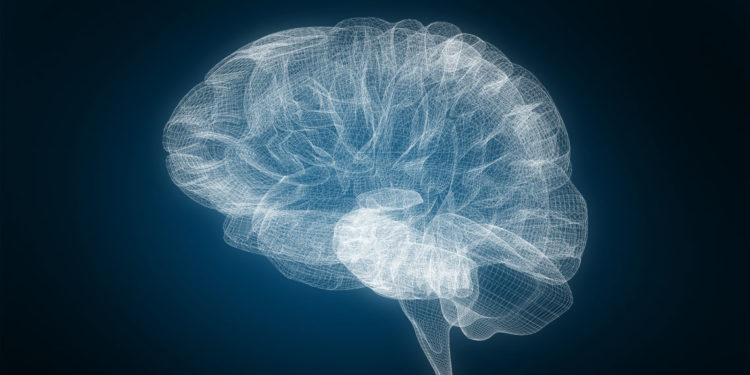
The brain is the most complex organ in the human body. Now, a new study has brought us closer to understanding some of its evolution.
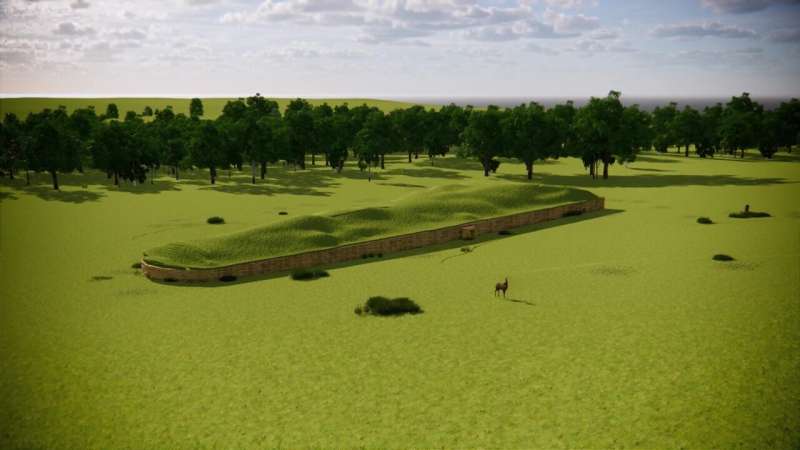
Analysis of ancient DNA from one of the best-preserved Neolithic tombs in Britain has revealed that most of the people buried there were from five continuous generations of a single extended family.
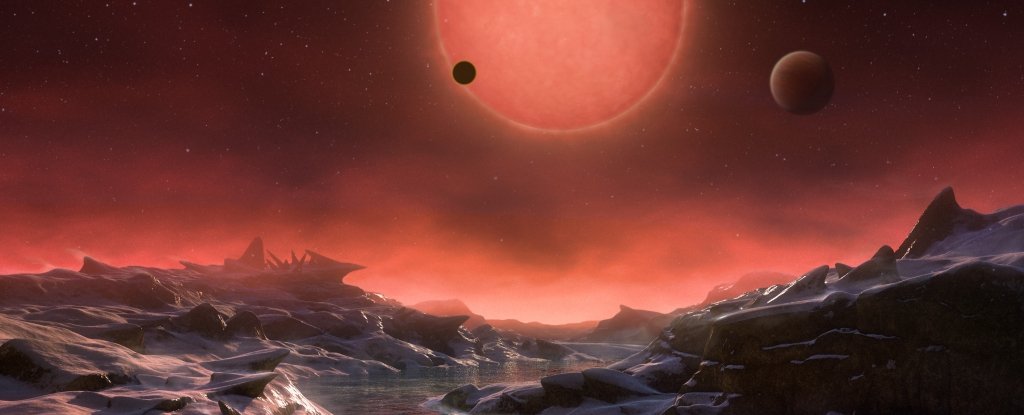
On the grand cosmic scale, our little corner of the Universe isn’t all that special – this idea lies at the heart of the Copernican principle. Yet there’s one major aspect about our planet that’s peculiar indeed: Our Sun is a yellow dwarf.
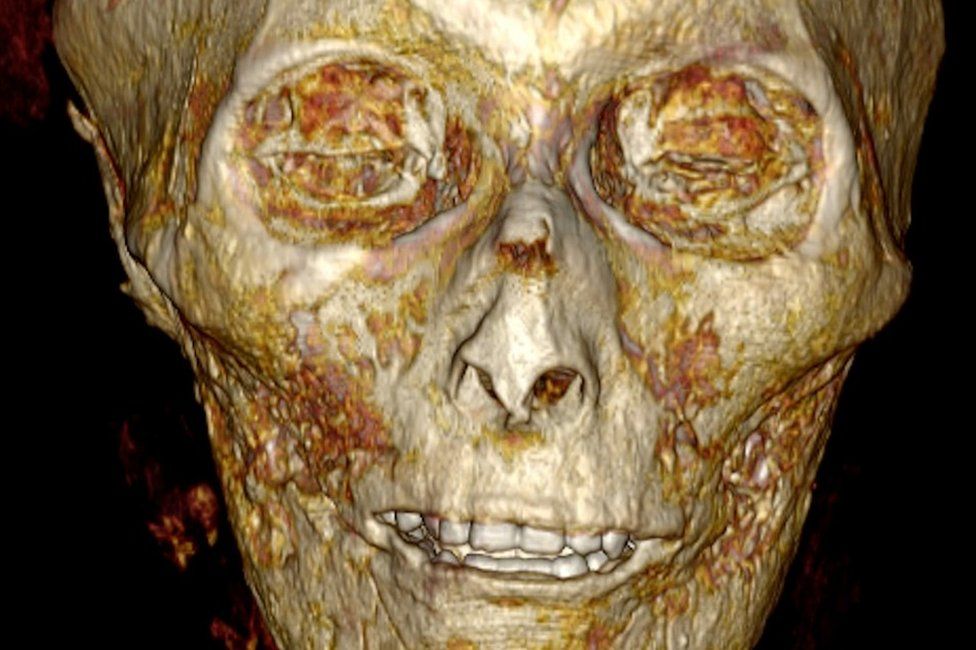
The mummified body of an ancient Egyptian pharaoh has been studied for the first time in millennia after being digitally “unwrapped”.
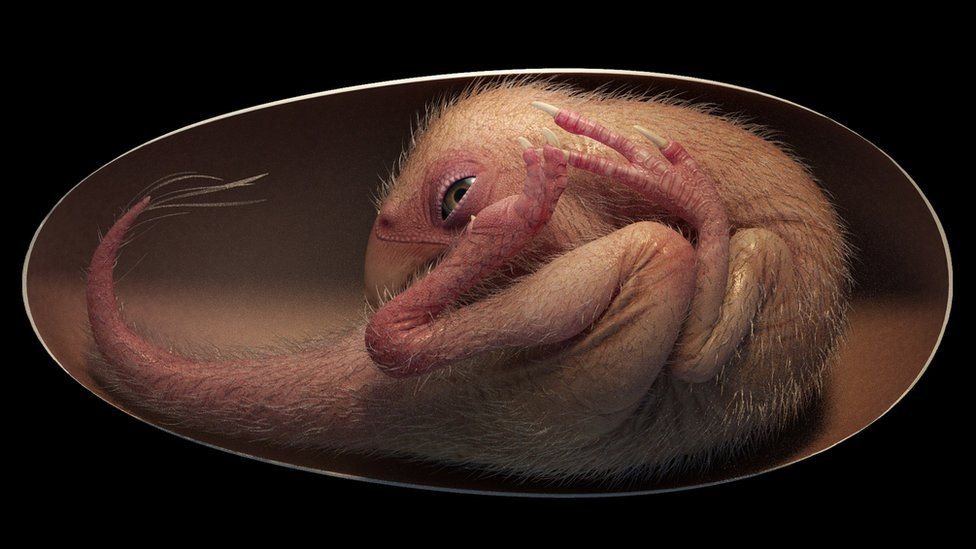
Scientists have announced the discovery of a perfectly preserved dinosaur embryo that was preparing to hatch from its egg, just like a chicken.
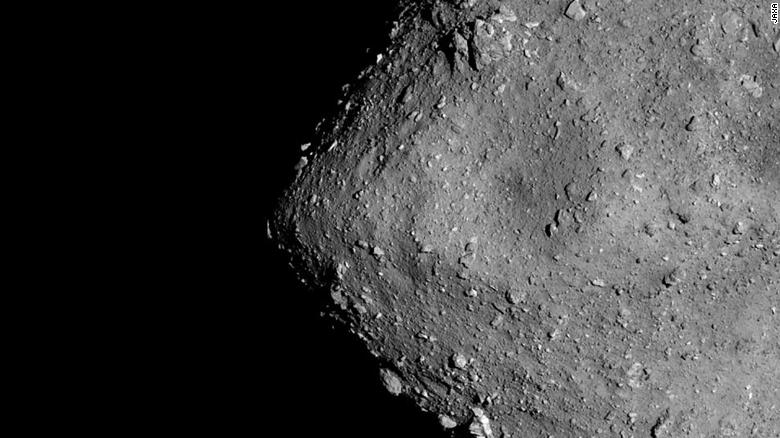
Just over a year after Japan’s Hayabusa2 mission returned the first subsurface sample of an asteroid to Earth, scientists have determined that the near-Earth asteroid Ryugu is a pristine remnant from the formation of our solar system.

Giant millipedes as long as a car and weighing 50kg once hunted across northern England, experts have revealed, following the discovery of a 326m-year-old fossil.
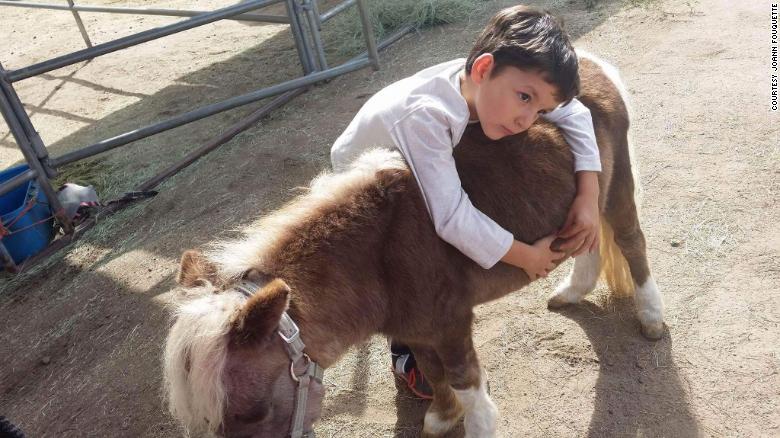
Autism is a neurodevelopmental disorder that affects 1 in 44 children in the United States, according to the CDC. It begins early in life, and the core symptoms are social and communication issues as well as repetitive behaviors and rigidity.
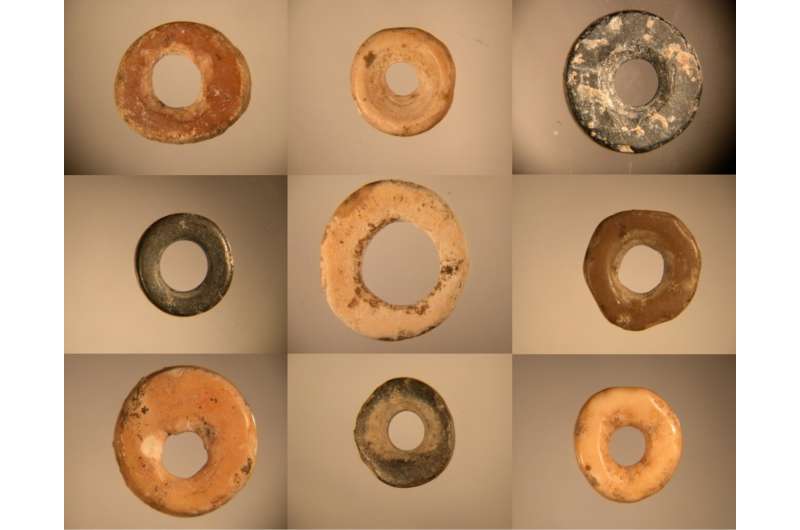
In a new study published in Nature, researchers Drs. Jennifer Miller and Yiming Wang report 50,000-years of population connection and isolation, driven by changing rainfall patterns, in southern and eastern Africa.

Tardigrades — those microscopic, plump-bodied critters lovingly known as “moss piglets” — have been put through the ringer for science.
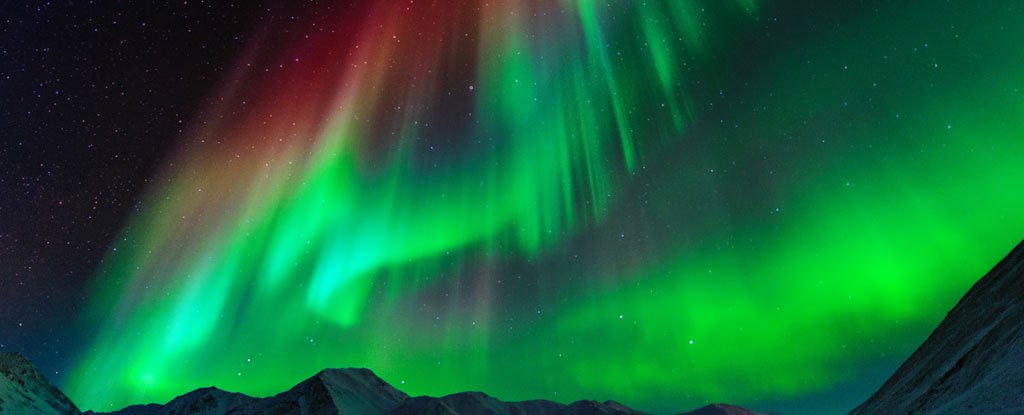
If you want to be dazzled by a spectacular northern lights display, your best bet is to skywatch near the North Pole. But that wasn’t the case 41,000 years ago, when a disruption of Earth’s magnetic field sent auroras wandering toward the equator.

For people with post-traumatic stress disorder, recalling memories of physical or sexual assault, combat or disaster-related events can induce intense anxiety or panic attacks as well as debilitating flashbacks.
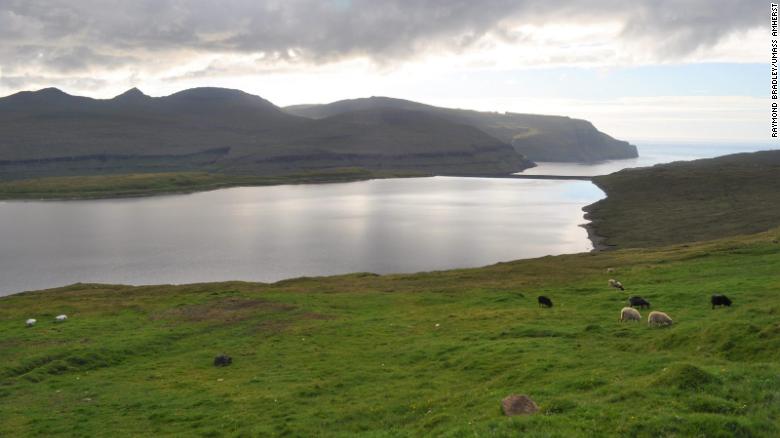
The isolated Faroe Islands were once home to an unknown population in 500 AD, about 350 years before Vikings ever arrived, according to new research. And the evidence comes from an unusual source: ancient sheep poop.

Thousands of miles away from its origin, magic happens: around 27 million tons of dust from the deserts of Africa drops out of the sky, bringing life into the ‘lungs of the planet’.
Image from: Catedral Verde – Floresta Amazonica (Wiki Commons)
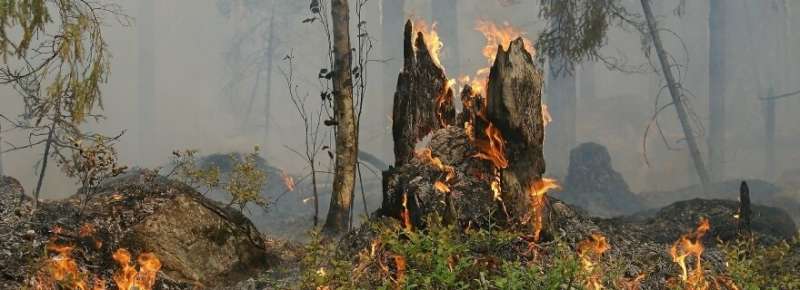
Hunter-gathers caused ecosystems to change 125,000 years ago. These are the findings of an interdisciplinary study by archeologists from Leiden University in collaboration with other researchers. Neanderthals used fire to keep the landscape open and thus had a big impact on their local environment.
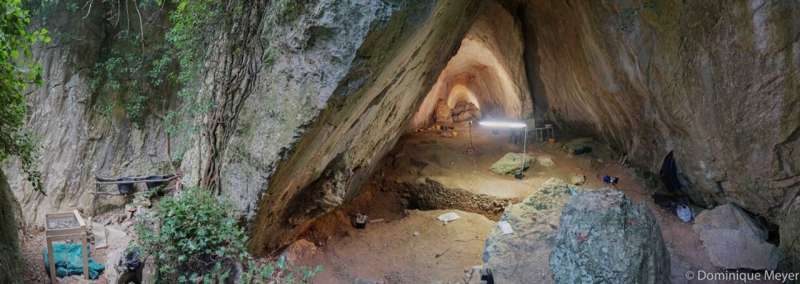
Ten thousand years ago, just after the last Ice Age, a group of hunter-gatherers buried an infant girl in an Italian cave. They entombed her with a rich selection of their treasured beads and pendants, and an eagle-owl talon, signaling their grief, and showing that even the youngest females were recognized as full persons in their society.








